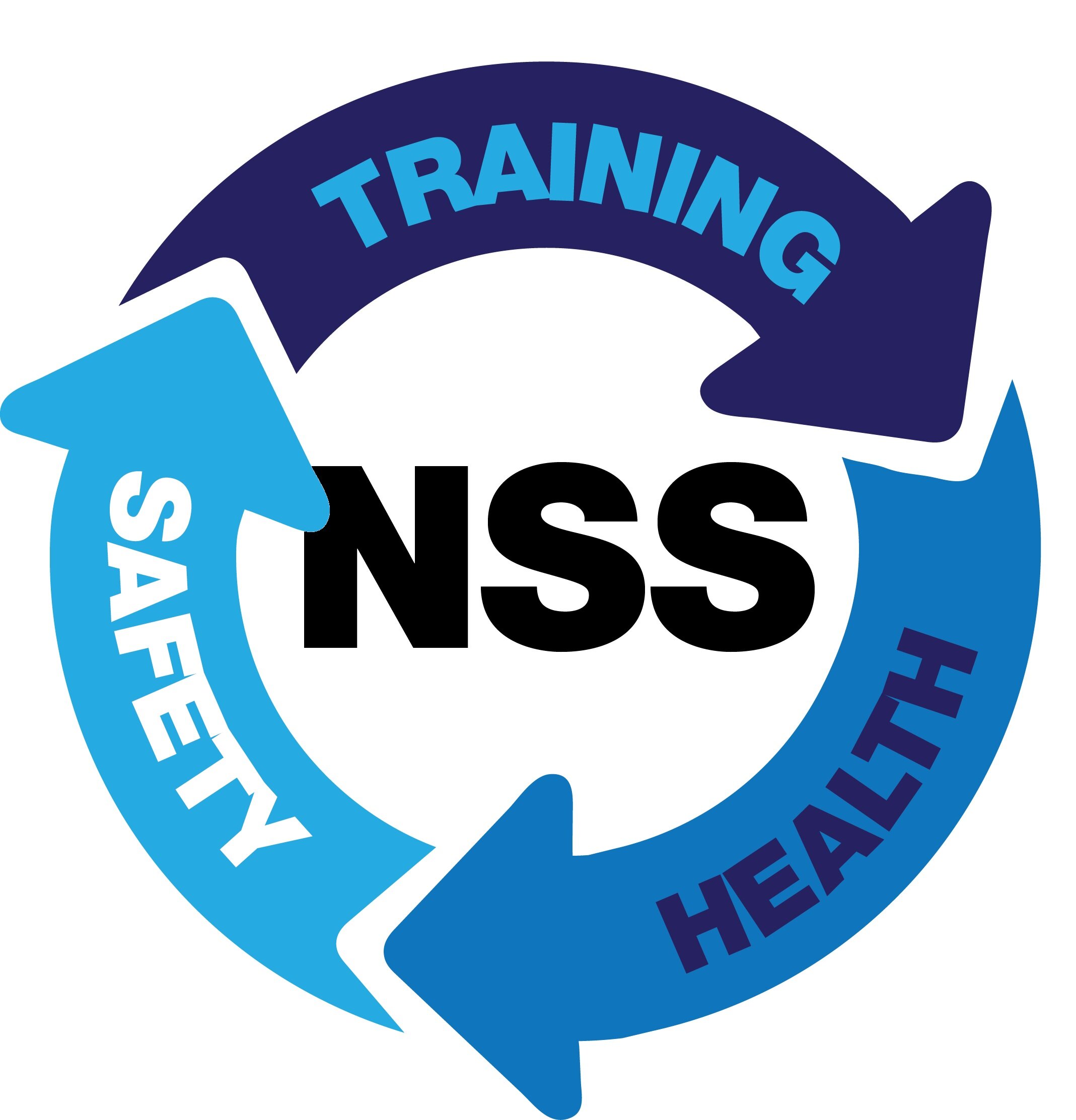ECO - Emergency Control Organisation (Chief Fire Warden)
Course Cost: $215.00
PUAFER006 – Lead an emergency control organisation, PUAFER005 – Operate as part of an emergency control organisation and PUAFER008 - Confine small emergencies in a facility
This course develops the leadership skills required to lead an emergency control organisation (ECO), commonly referred to as Chief Warden. The competencies required to make decisions about people’s safety during a workplace emergency and to give instructions on the priority order for responding to the emergency incident area.
People who undertake this course may act as the primary liaison with emergency services after their arrival.
This unit has been developed to cover the broad range of emergencies and workplaces as considered in AS3745.
Qualification Issued
Statement of Attainment –
- PUAFER006 – Lead an emergency control organisation
- PUAFER005 – Operate as part of an emergency control organisation
- PUAFER008 - Confine small emergencies in a facility
Recommended refresher every 12 months
The course is nationally recognised through inclusion on the Australian Quality Training Framework (AQTF). Workplace Approved throughout Australia.
Program Duration
8 hours face-to-face delivery. No pre-course work required. Course includes all training materials
Target Audience
This course develops the leadership skills required to act in the role during emergency events.
Entry Requirements
It is recommended that students have sufficient literacy, numeracy and visual interpretation skills to successfully complete the course.
There is no pre-requisite for this unit. Recommended for students over 14yrs only.
Core Content
Working knowledge of:
- Basic HumFire triangle theory
- Raising the alarm
- Fire safety and evacuation
- Classes of fire
- Types of fire extinguishers
- Safety procedures when fighting fires
- Firefighting tactics
- Discuss evacuation and assembly principles and procedures
- Fire, bomb threat, and other emergencies and their effects on the workplace
- Identify the workplace fireboard and fire equipment location(s)
- Demonstrate knowledge of workplace evacuation procedures
- Demonstrate efficient evacuation of the workplace
- Prepare for workplace emergencies
- Apply command, control and coordinate aspects of workplace emergency procedures
- Control the response to emergency reports, signals and warnings
- Coordinate reports and results of initial emergency response
- Conclude incident
Requirements for Completion
100% attendance and participation.
Training & Assessment Methods
Training and assessment is conducted in a friendly classroom setting that reflects a real emergency environment. Training may include but in not limited to practical class sessions, written work, self-paced activities, group discussions, debate and practical work.

